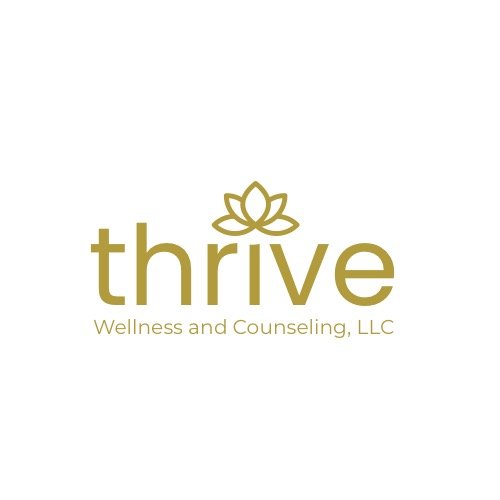How Therapy Can Help Postpartum Depression
Postpartum depression impacts roughly 1 out of 9 new mothers. Going through postpartum depression can leave you feeling isolated, guilty, and hopeless. I want you to know that you’re not alone. Fortunately, postpartum depression is treatable and therapy is available for those who want to take their next steps of reaching out for help. Therapy combined with medication management has shown to be helpful in minimizing symptoms and helping mothers gain their sense of normalcy back.
Postpartum depression can cause us to feel guilty, isolated, disconnected, and hopeless. Therapy and medication management can help with symptoms of postpartum depression.
Has being a new mom caused you to feel irritable, exhausted, moody, and uninterested in certain activities or hobbies? Absolutely! You’re a new mom! Your body just went through a major trauma of giving birth. You are caring for a highly dependent infant while trying to recover and adapt to a major life transition.
So, when should you consider therapy? When should you be concerned about your postpartum symptoms? How can counseling help with your postpartum recovery? I’m so glad you asked! (and even if you didn’t, I’ll tell you anyways).
If you are concerned about symptoms, or you have symptoms that impact your daily functioning or relationships, it is time to consider therapy services and explore how therapy can help with your postpartum symptoms. Although the symptoms I listed above are common among new mothers, it is important that you consider these postpartum symptoms on a spectrum. Some mothers experience just a few of these symptoms and find their symptoms minor and easy to manage. This is what we may consider to be “baby blues”. While other mothers might experience a longer list of postpartum symptoms and notice that they are having significant emotional and relational impacts, which may be postpartum depression.
Regardless of if you fall under “baby blues” or “postpartum depression”, therapy can help you manage your symptoms of depression. It is not easy to ask for help. It can be even more difficult to verbalize exactly what we are thinking and feeling. Sometimes because we genuinely just don’t know what emotions and thoughts we are experiencing, and other times it can be because we feel embarrassed, guilty, and vulnerable. Therapy provides you with a safe space to process and work through what you’re going through. Therapy provides you support and encouragement as you navigate through your experiences. Therapy teaches you how to reconnect with yourself, your partner and your infant. Therapy guides you back to finding that normalcy you’re longing for.
Postpartum depression is not a sign of a bad marriage. Postpartum depression is not a sign of a bad mother. Postpartum depression is not a sign of weakness or failure. Postpartum depression is a sign that your mind and body need some additional support and attention. Developing postpartum depression is not within your control. However, what is in your control is how you show up for yourself and for your family. You are in control of what steps and actions you are going to take to treat your postpartum baby blues or postpartum depression.
If you or someone you know is struggling with symptoms of postpartum depression, help is not far away. If you would like to take charge of symptoms, you can start today. To find out more about therapy for postpartum depression, check out my website www.thrive-wellnessandcounseling.com, email me at darcyp@thrive-wellnessandcounseling.com or give me a call for a free consultation, 352-448-8131.

